Apply to a foreign university with confidence
- Properly fulfilled documents
- Perfect motivation letter
- Support from a personal mentor
- Offers from several universities
Article score: 4.38 out of 5 (8 reviews)
Universities of South Korea are attracting foreign students with a growing supply of English-language programs, good reputation and competitive fees. We’ll tell you about the best universities and features of higher education in South Korea.
Free consultation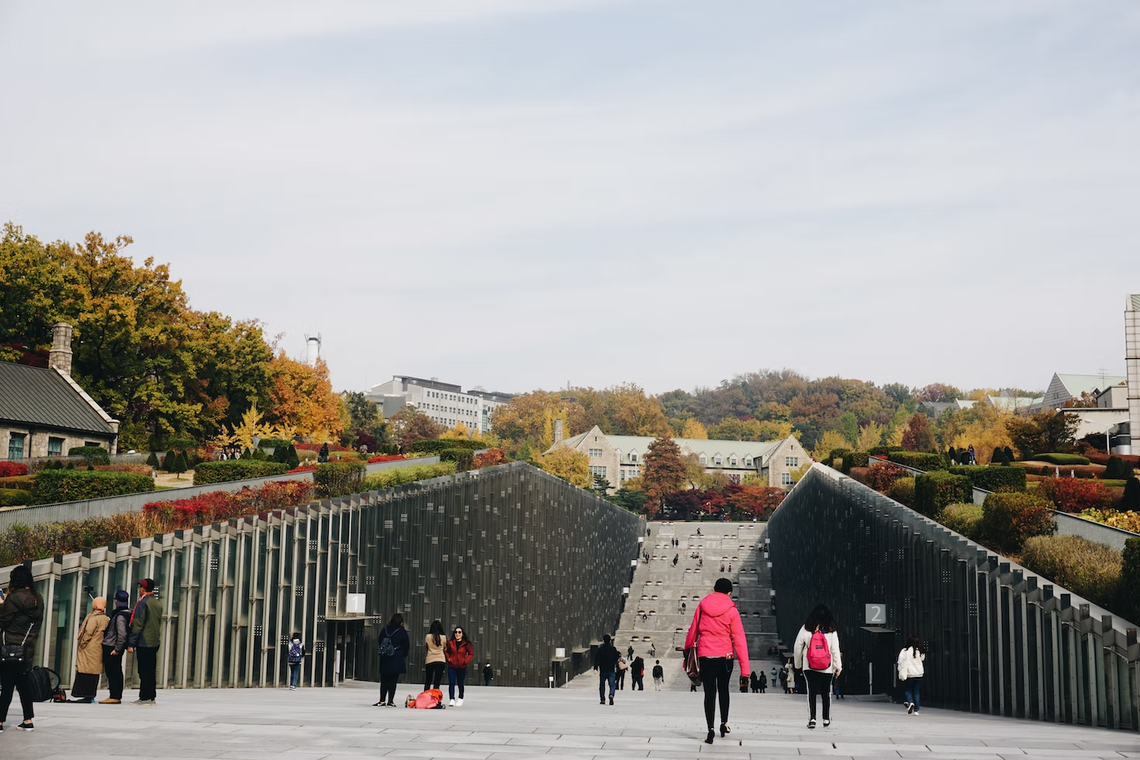
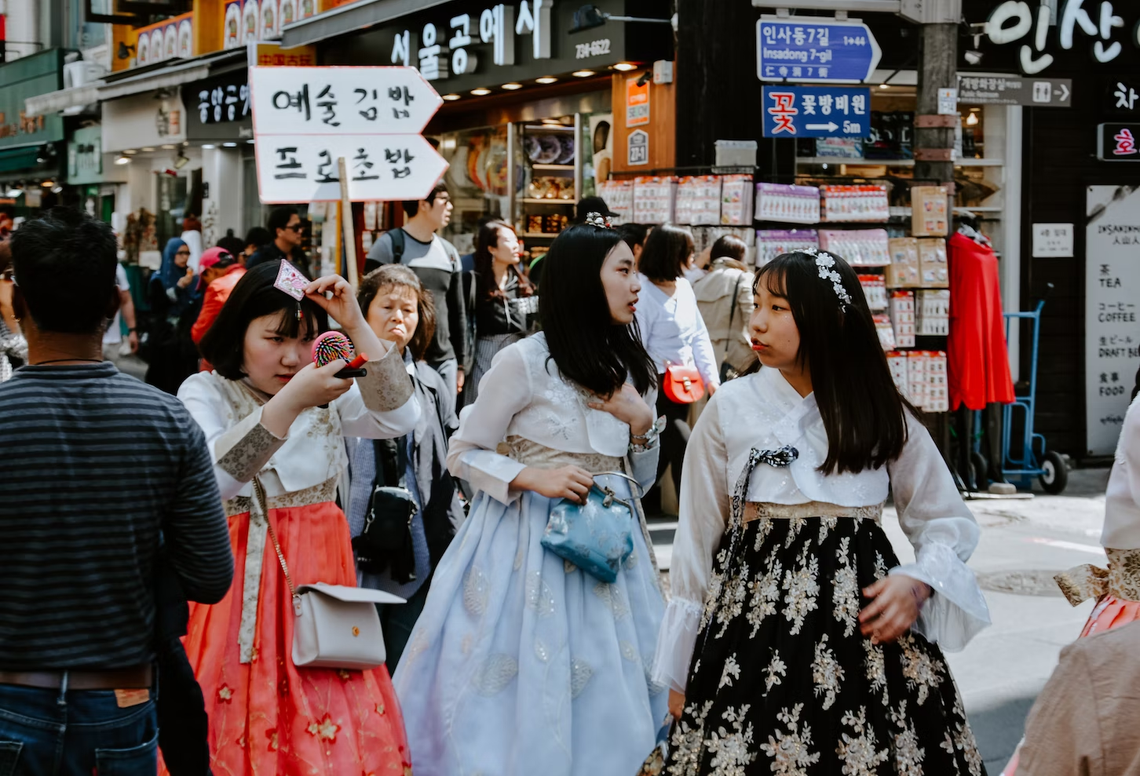
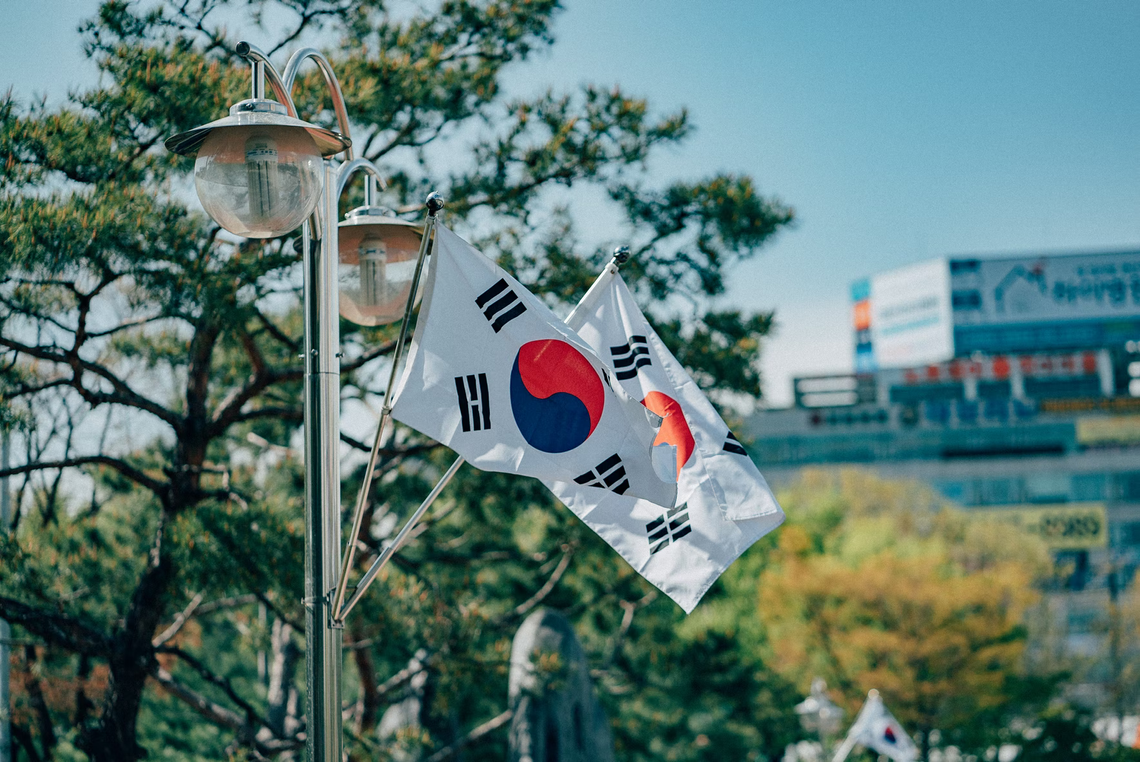
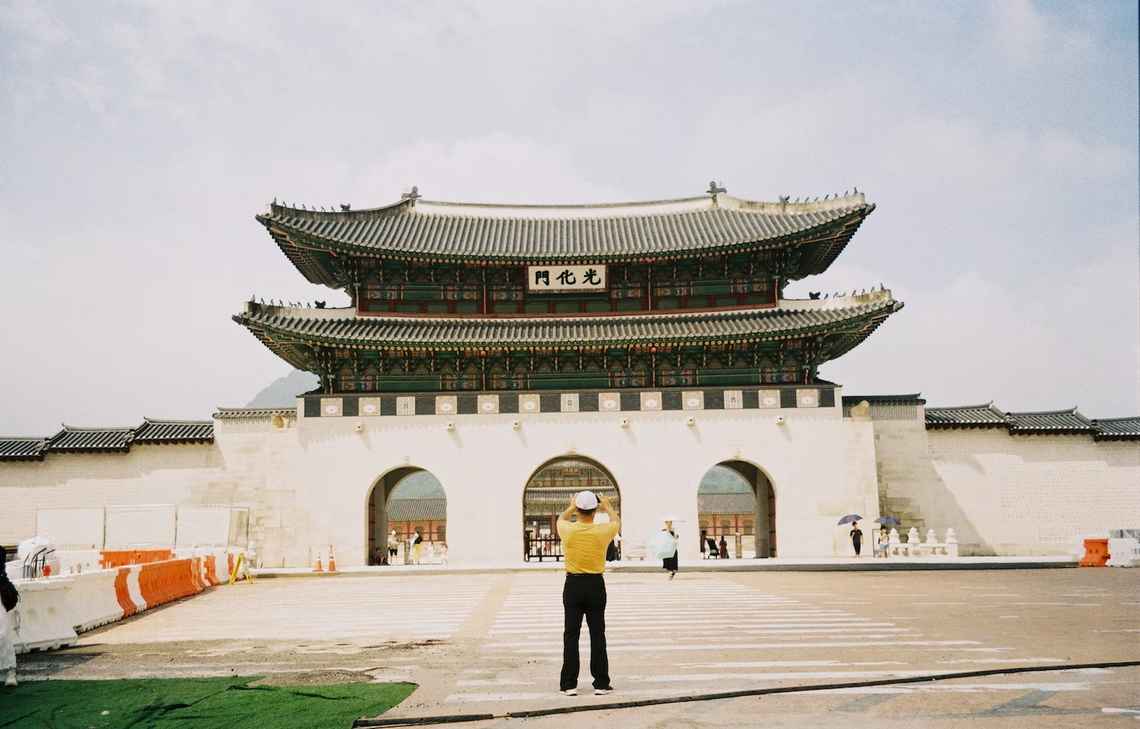

South Korean universities offer students a competitive learning environment and a rich extracurricular life. They are suitable for students who are interested in the culture of the country and want to study at a prestigious university for a relatively small fee.
In this article we give an overview of universities in South Korea, explain how to apply to them and what to expect as a foreign student in this country.
Items 1-5 of 439
Advanced search| Study type | Age | Program length | Minimal semester cost | Average semester cost |
|---|---|---|---|---|
| College | 18+ | 2-3 years | 2,802 USD | 6,304 USD |
| Bachelor’s | 18+ | 4-6 years | 3,152 USD | 10,157 USD |
| Master’s | 21+ | 2 years | 3,923 USD | 12,608 USD |
| PhD | 21+ | 3-4 years | 3,642 USD | 13,659 USD |

It is possible to study for free in South Korea with a grant or a scholarship.
One of the most popular programs is the Global Korea Scholarship (GKS). It covers the cost of tuition, as well as Korean language courses, travel expenses and health insurance.
Many South Korean universities have their own scholarship programs for international students with significant academic achievements. For example, Sogang University allows such students to study either completely for free or with a 25%-50% discount[6] depending on their performance.
Higher education institutions in South Korea can be divided into two types: colleges and universities.
Some universities are specialized. For example, there are industrial and cyber universities, as well as universities of education, womens’ universities and graduate schools.
We’ll discuss them in more detail below.

Colleges (junior colleges, 전문대학) in South Korea offer vocational training programs spanning 2 to 3 years. After graduation, the graduate receives a diploma or an associate's degree. For example, Yeungjin College and Jeonbuk Science College follow this system.
Colleges offer degrees in the fields of engineering, business administration, healthcare, design, social work, agriculture, nursing, preschool education, and communications. They pay a lot of attention to practical skills and internships.
However, college education is not valued highly in Korea: there is a cult of university education[2]. To receive a professional qualification, one would regularly go to an industrial university. Still, college graduates can also enroll into a university and keep the 75-120 credits for their previous studies[2].
Universities of South Korea offer 4-year-long bachelor's programs, as well as master's and PhD programs.
Depending on the source of funding, universities can be:
The presidents of all universities in the country are required to be members of the Korean Council of University Education (KCUE, 한국대학교육협의회). This private organization represents the interests of universities at the state level, ensures their autonomy, and promotes international cooperation.
This is an unofficial association similar to the Ivy League in the United States. SKY is comprised of three most prestigious universities in the country:
Graduates of these universities have top-level roles in companies and civil service. According to a Job Korea report, 10% of corporate executives and 33% of the Korean government graduated from Seoul National University[7].
Many Koreans choose a university based solely on its reputation. This phenomenon is called the "golden ticket syndrome"[4]. Korean parents are willing to spend a lot of money and effort to get their children into one of the three best universities in the country. This is even reflected in popular Korean dramas, such as “SKY Castle”.
However, in recent years there has been a reverse trend. Every fourth applicant rejects offers from SKY universities in favor of professional education at industrial universities. Therefore, passing scores have decreased, and it has become a little easier to enter the most prestigious universities in the country[8].
In my opinion, Seoul National University is the hardest to get into out of the SKY universities. Korea University is more likely to admit students. And the relatively easiest to get into out of the three is Yonsei University. Yet, every place has its own nuances and there are other universities to choose from depending on your unique circumstances.
This year, two of our students entered Yonsei. One chose the program in Korean, and the other picked an English-taught program.
Both of them had excellent school diplomas with the highest grades and outstanding academic achievements. This made them stand out, and we further helped them prepare for the interview and present themselves in the best light to the admission committee.The most important thing is to correctly evaluate your strengths. Even with an excellent profile, apply to your dream university, which could be one of the SKY, and to several other universities. This way you will maximize your chances of admission.

This type of university is very popular in South Korea. Education at cyber universities (사이버 대학) takes place exclusively remotely. This is a particularly convenient option for foreign students who can study at a Korean university from anywhere in the world.
Some universities combine online and offline learning formats. The most striking example is the Korean National Open University (KNOU, 한국방송통신대학교), which introduced distance learning back in 1972, long before COVID-19 when this format became widespread. It became possible through the power of satellite television and the Educational Broadcasting System of Korea (EBS, 한국교육방송공사).
However, international students who want to study at KNOU must reside in South Korea. They can apply for a visa only after entering the country[9].
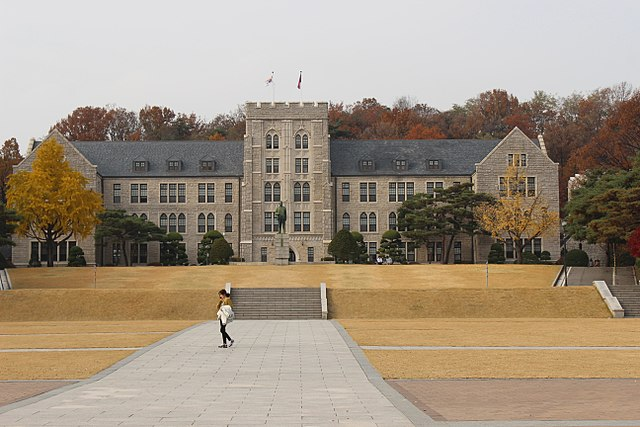
South Korea also has women-only universities. They teach the same courses as other universities do, but often put heavier emphasis on the arts. Men can also study at women's universities if they’re completing a language course, master’s degree or an exchange program.
There are a total of 7 women's universities in the country. The most famous is Ewha Womans University, which was founded back in 1886.
This university’s goal is to develop leadership qualities in their students so that they can achieve success in science, politics, art, teaching and other fields. The name of the university deliberately uses the word "womans" instead of “women’s”, emphasizing the unique personality of each student[10].
Graduate schools (대학원) in South Korea offer master's and PhD programs.
Unlike grad schools in the USA, Korean graduate schools may or may not be a part of a larger university. Often these are separate institutions which only cater to master's and PhD students.
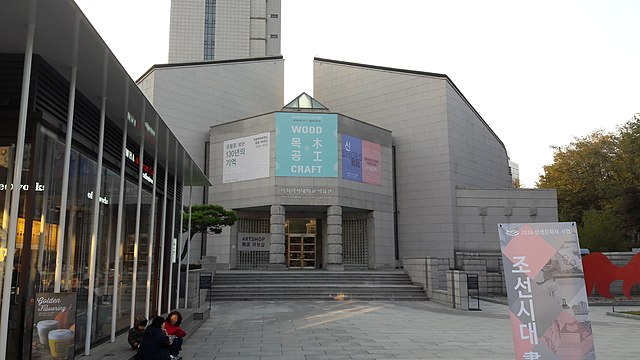

Each university independently selects applicants and can ask you to take their own entrance exams and interviews. Documents must be sent by mail or uploaded online on the university website.
In the end of high school, all Koreans take the College Scholastic Ability Test or CSAT, also abbreviated Suneung (수능) – the Korean equivalent of SAT. It lasts for 8 hours and includes questions on all subjects of the school curriculum. This exam is so important that on the day it is held aviation in Korea is reduced, shops and banks close down, and construction work and military training stops[11]. Everything is done to help students concentrate and take the most important test of their lives in complete silence.
If you are an international student, you can avoid all this: citizens of other countries do not have to take Suneung. This can be an advantage, especially if your goal is to get into SKY universities.
Academic year at universities in South Korea doesn’t begin in September, like in many countries, but in March. Most universities offer two entry periods. Application deadlines are typically September to November and May to June.
Universities might also require you to provide proof of personal achievements, publications, and the text of a dissertation.
Your level of English or Korean may not directly affect your chances of admission to a university. However, it will affect the discount that the university provides. If you don’t require the discount, the minimum language level will be sufficient.
Universities traditionally look at academic performance. Motivation and recommendation letters, as well as extracurricular activities, are also important.
South Korea has its own unique features. For example, documents from the student’s parents are important for admission to a university. The university may request a certificate of the parents’ income, a certificate of employment, personal income tax plus a bank statement that there is 20,000 USD in the account. Language courses require a statement proving that they have 10,000 USD. Even if you aren’t planning to spend that amount in a year, you will have to provide this statement.

South Korean universities have adopted the experience of their Western counterparts, in particular, with universities in the UK and the US. The universities also use the credits’ system, where a student must take a certain number of study units to complete their program. In addition, you choose your own major and minor.
Still, universities in South Korea have their own features, such as the relative grading system. Some students may not be used to the system where their results depend on the results of their classmates, which is the case in South Korea. Grades are determined by the best score among the group. Moreover, only a strictly limited number of students can receive the highest grade (A): for example, no more than 30%. This is how universities maintain the competitive spirit.
The academic year is divided into two semesters of 4 months. Exams take place twice a semester and are most often in written form.
Students choose their own schedule and register for lectures. There is a real struggle to get into some courses, and it often comes down to the Internet speed.
Some courses are quite unusual. For example, the "Marriage and Family" course is especially popular: it teaches students to organize dates and create a joint budget[12]. Students are divided into pairs and complete tasks such as watching a movie together or looking for common interests.
Korean university students spend a lot of time on independent work. They usually study in libraries, where they prepare group projects and presentations. The workload is heavy and students often stay late. During exam period, university libraries work around the clock.
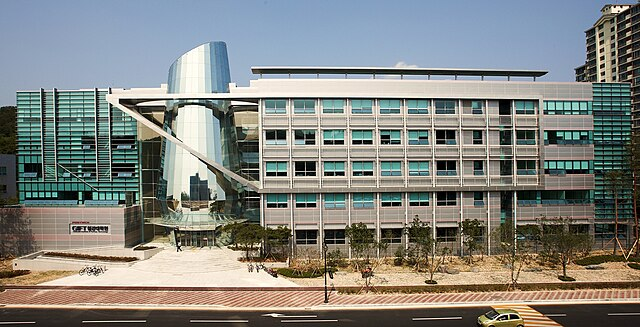

South Korea is a comfortable country for studying. QS ranks Seoul as the third-best city for students[13]. This comes from the number of highly ranked universities that are based here. There are many libraries, museums and research centers in the city where you can find like-minded people. Finally, Seoul has fairly cheap housing and food, which is important for students[13].
Extracurricular life at Korean universities offers a lot of activities. For example, senior students help freshmen get used to the university. For this purpose, every year begins with Membership Training, which is a joint trip where yesterday's applicants learn about the university and spend time playing games and eating delicious food.
Universities have many clubs that are run by students themselves. There’s a club for any interest: sports, art, academic activities. For example, at Korea University students can join a club to play national instruments, stage plays in Spanish and sing a cappella[14]. With such a variety of options, you can feel comfortable and easily make friends at a new university.
Twice a year, universities hold festivals featuring performances of student clubs and famous artists. For all K-pop fans, such events are an opportunity to see their favorite band completely for free[15]. Stars such as PSY, Aespa, Twice, Red Velvet, IVE, (G)-IDLE, Jessi, HyunA come to student festivals[16].
Many students combine part-time work while studying. Most often, they become tutors or work at local cafes. Foreigners can work part-time on a student visa, but they need to receive a work permit[17].
60+ countries
we work with
$1,000,000 saved
by students through scholarships
6,400 offers
our students got